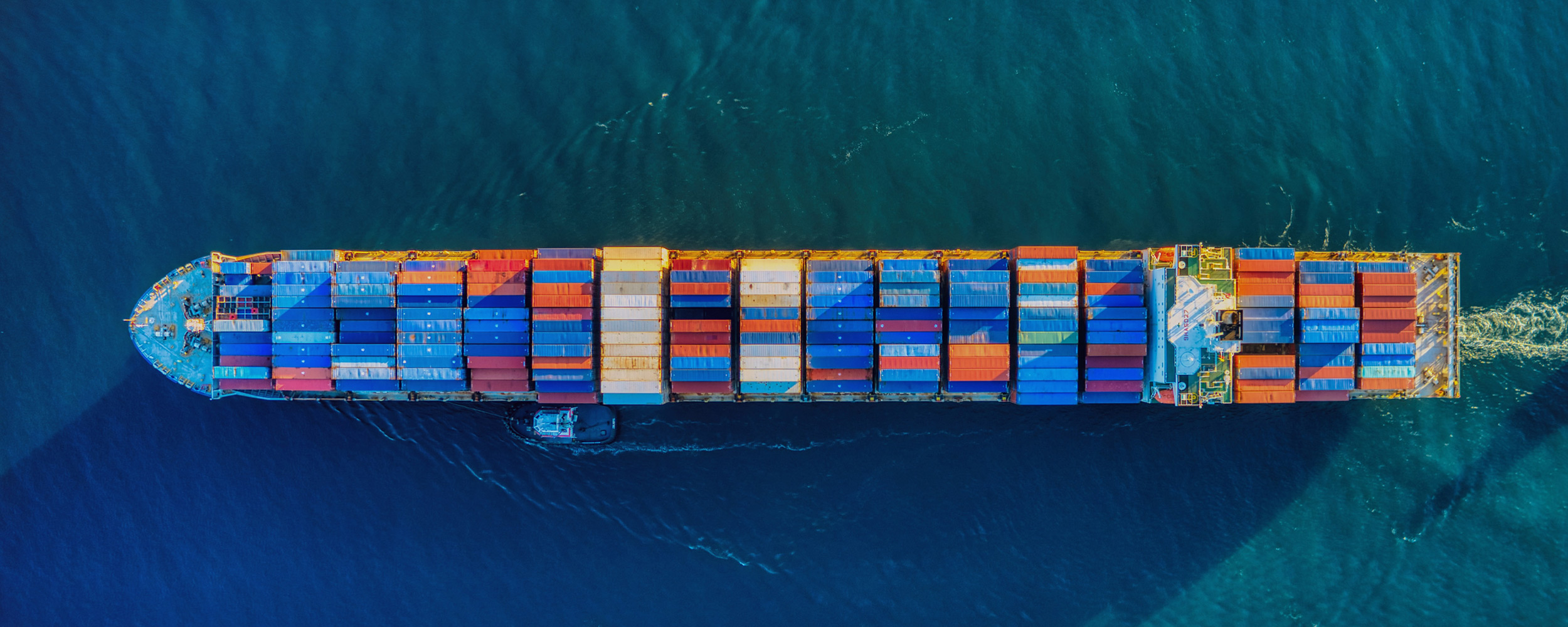A massive engineering and construction multinational, servicing the Oil & Gas industry, wanted to find a way to reduce the number of vessels required to transport people and resources across the off-shore oil rigs it manages, and save millions.
The Solution
Our target was clear; find the optimum daily schedule for multiple vessels to re-supply a series of oil rigs from various ports with fuel, water, other special equipment, and employees. The existing management of the fleet was done with excel spreadsheets and manual coordination, costing thousands of dollars daily.
We developed a prototype solution with custom optimisation algorithms as the engine, automating the entire process. Taking as inputs real-time GPS data, port and fuel costs, vessel characteristics such as capacity, and the daily task schedule, the model generates the optimal allocation plan. Optimal in this case means a plan with:
- Maximum task completion rate
- Minimum port call and fuel costs
- Minimum number of vessels chartered
The next phase is to build a cloud-based front-end that will allow business users to access the application from any place, as a secure website, plus make it scalable to host additional locations and business units with similar logistics problems.
The Impact
- Automatically allocate resources to tasks
- Save millions every year by reducing the number of vessels required to perform the routes






